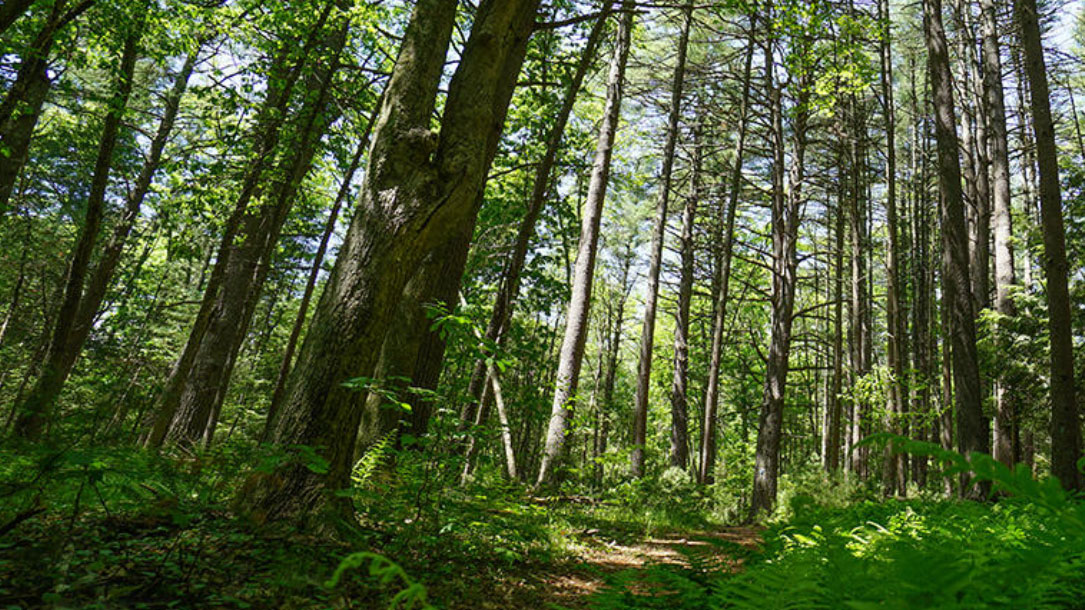
Capturing carbon in Mass Audubon forests
“Mass Audubon is committed to fighting climate change through conservation, advocacy, and education. And we are always looking for innovative ways to make a real and lasting impact. Our recent entry into the California Air Resources Board (CARB) carbon offset market is a prime example.
Establishing a price on carbon is an effective way to harness economic pressure to force carbon emissions reductions, but no policy has yet been implemented at the federal level. The best model is California’s comprehensive carbon emissions reduction campaign, which includes a cap-and-trade program for industries…”
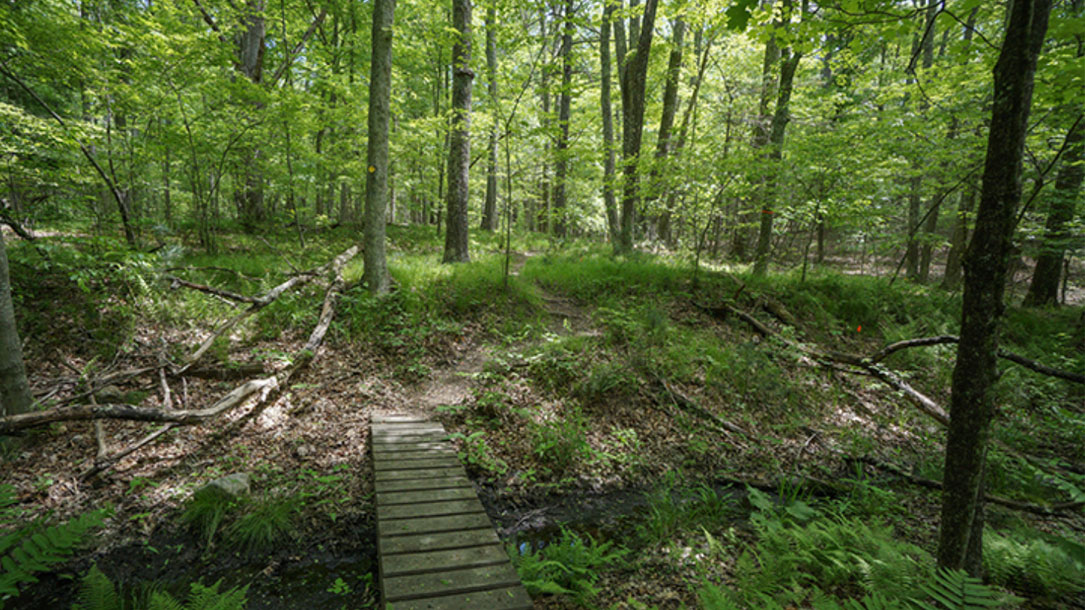
The role of land conservation in fighting climate change
At Mass Audubon, [their] land conservation strategy is directly linked to climate change mitigation and adaptation. As the largest private land owner in Massachusetts with more than 38,000 acres protected, [they] know how critical land conservation and effective land management is in the age of climate change.
[Their] recent entry in the California Air Resources Board (CARB) carbon offset market ensures that 10,000 acres of forested land will be protected for the next 100 years, ensuring the carbon stored in this critical landscape remains there…
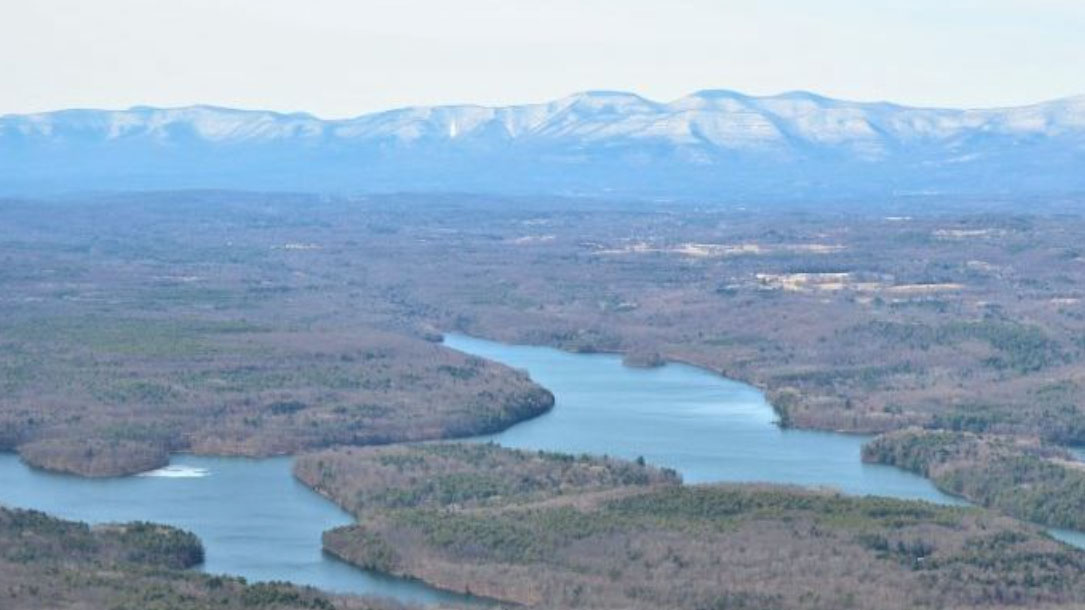
Partnering with a local city to sell carbon credits
Located in New York State, Mohawk Hudson Land Conservancy is working to slow down climate change in partnership with The Nature Conservancy and the City of Albany.
The Albany Water Board will receive funding from the sale of carbon credits. The Nature Conservancy expects this revenue to surpass one million dollars over the next ten years, which the Water Board will direct toward the implementation of the Sustainable Forest Management Plan, watershed management, and Water Board priorities.
As outlined in the Plan, the Albany Water Board has entered into a Conservation Easement with the Mohawk Hudson Land Conservancy…

Community, woodlands, and climate change discussions
One of the ways to help motivate people to slow down climate change is to help them understand the impacts on the places they love. Notice how welcoming this invitation and event is. Here is their announcement:
“Are you a woodland owner? Get together with other woodland owners and natural resource professionals to discuss the future of Connecticut’s forests. Andrea Urbano, a Service Forester with CT Department of Energy and Environmental Protection, will discuss what changes we can expect to see in Connecticut’s forests as a result of climate change, and how these changes interact with other threats to our forests.
We will also discuss what we can do to help create resilient forests through the upcoming changes. Bring your questions and concerns about your woodland. Resources for further action will be provided, including information on cost-sharing opportunities for land management practices. Time for snacks and networking will round out the evening…”
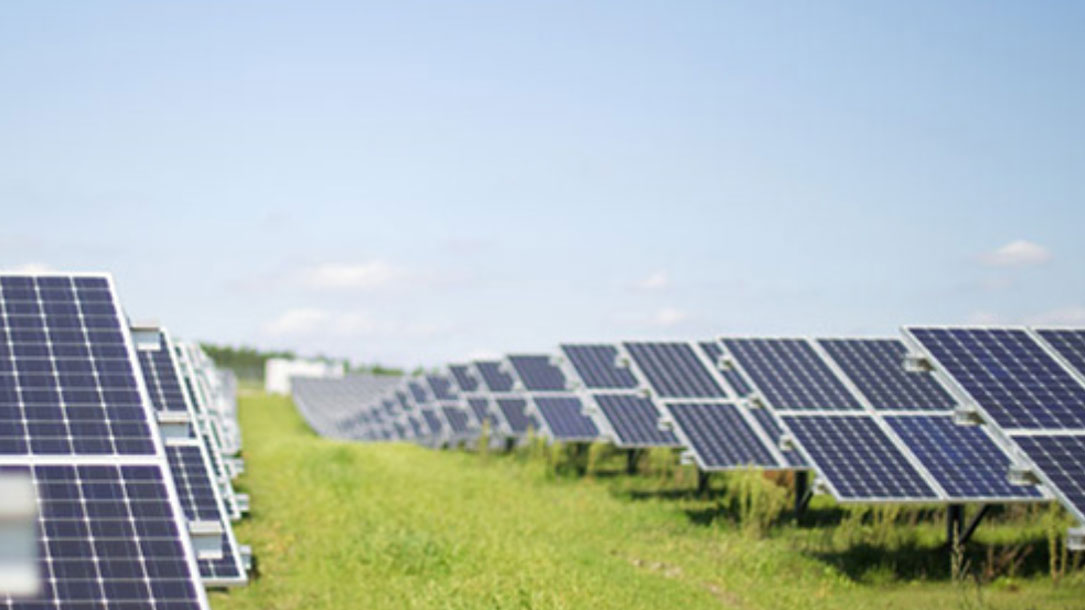
Solar PV power potential is greatest over croplands
“Solar energy has the potential to offset a significant fraction of non-renewable electricity demands globally, yet it may occupy extensive areas when deployed at this level. There is growing concern that large renewable energy installations will displace other land uses. Where should future solar power installations be placed to achieve the highest energy production and best use the limited land resource?…”
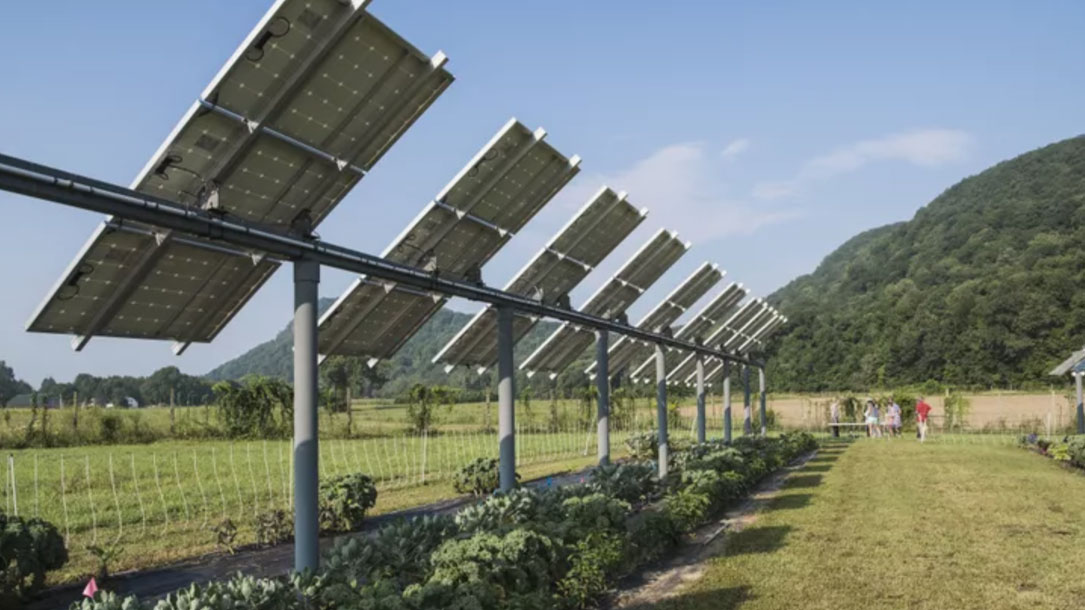
Solar panels pair surprisingly well with tomatoes, peppers, and pollinators
In ‘agrivoltaics,’ crops and solar panels not only share land and sunlight, but also help each other function more efficiently.
Big, utility-scale “solar farms” are one important source of solar power, helping complement smaller, less centralized sources like solar panels on the roofs of buildings. Solar farms take up a lot of space, though—and they thrive in places with many of the same qualities favored by food crops. As one recent study found, the areas with the greatest potential for solar power tend to already be in use as croplands, which makes sense, given the importance of sunlight for both…
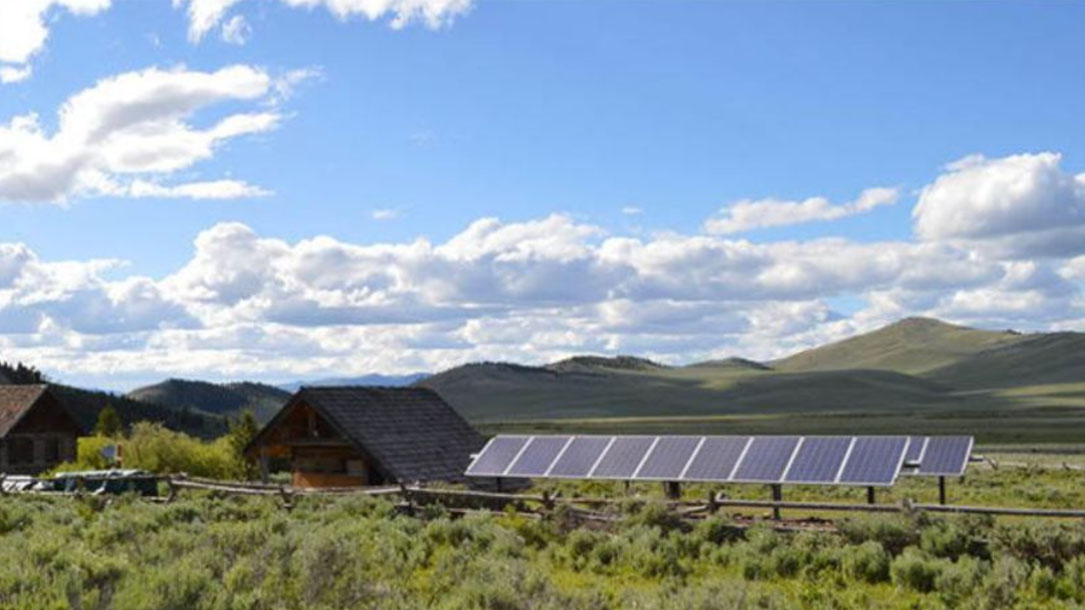
Solar for conservation
“GVLT is proud to have conserved over 45,000 acres across our region. While protecting land from development and fragmentation is the first step, protecting the ecological integrity of our natural resources is equally as important which is why we’re proud to announce a partnership with On Site Energy. What’s the connection between land conservation and solar energy?
Fish need cold, clean water to survive, and rivers need high altitude snow pack to keep them flowing throughout hot summer days. Ranchers and farmers depend on the availability of that water for irrigation, and wildlife depend on the intricate balance of the changing seasons to maintain viable habitats…”
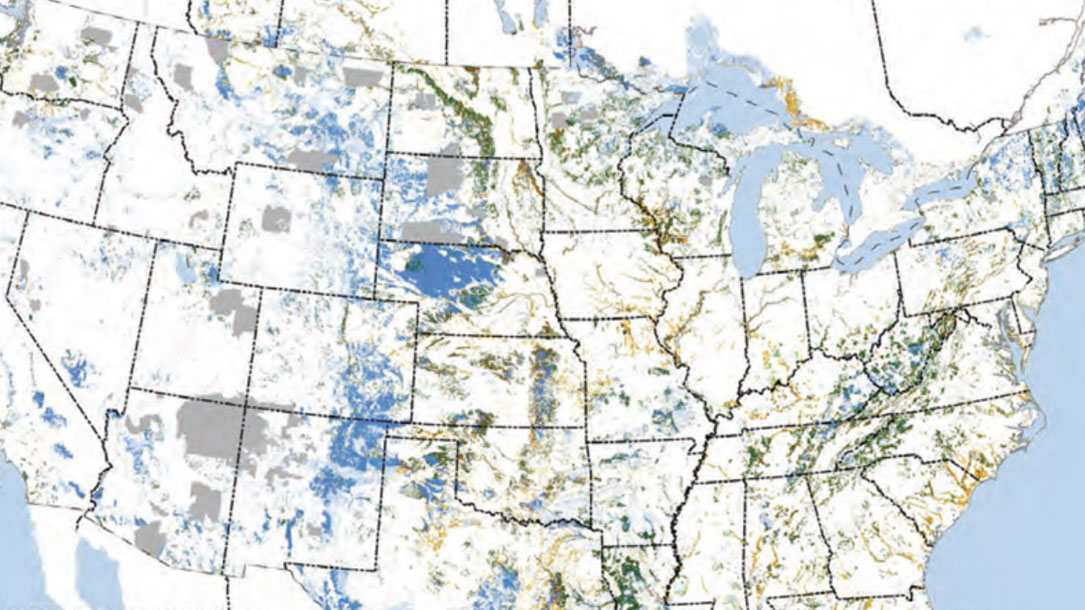
A Call to Action for land conservation in America
Land conservation is playing—and can play—a critical role in slowing down climate change as well as adapting to its impact. Here, Andrew Bowman outlines a vision for what could be done…
“Let’s first examine the role that land conservation can play in mitigating climate change, both by preventing the conversion of intact natural lands and through land management practices, such as reforestation and active soil management on working lands..”
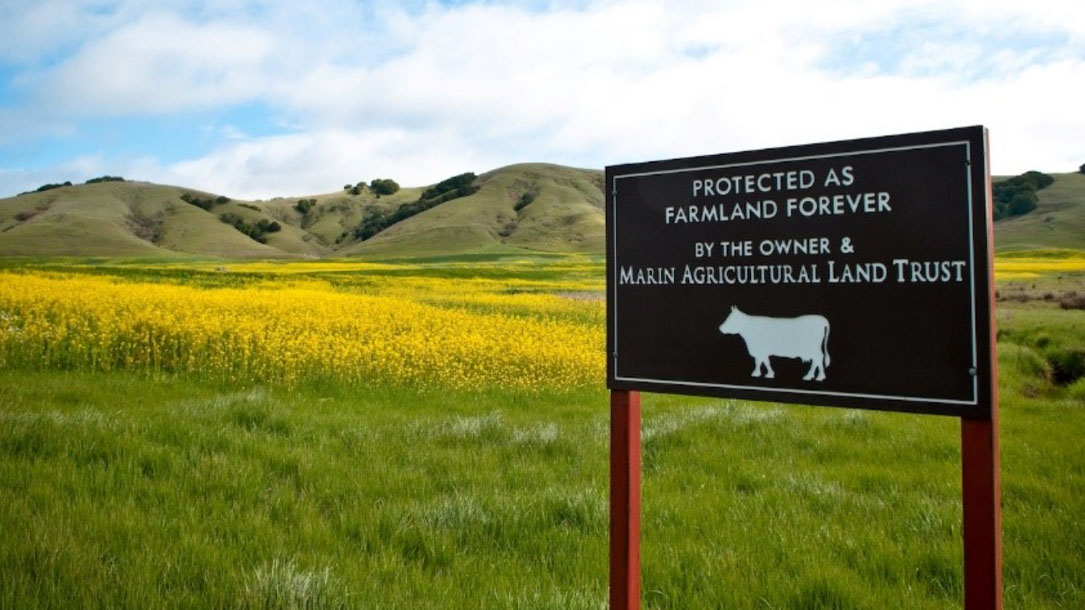
Can California’s protected farmland fight climate change?
“In the past year, the threat of climate change has risen to the forefront of public consciousness. With this growing awareness, many solutions are being offered to avert this crisis—from planting millions of trees to innovating electric car technology to passing state legislation to reduce greenhouse gas (GHG) emissions.
One powerful tool to address climate change is putting in action land use planning policies that preserve working farms and ranches…”
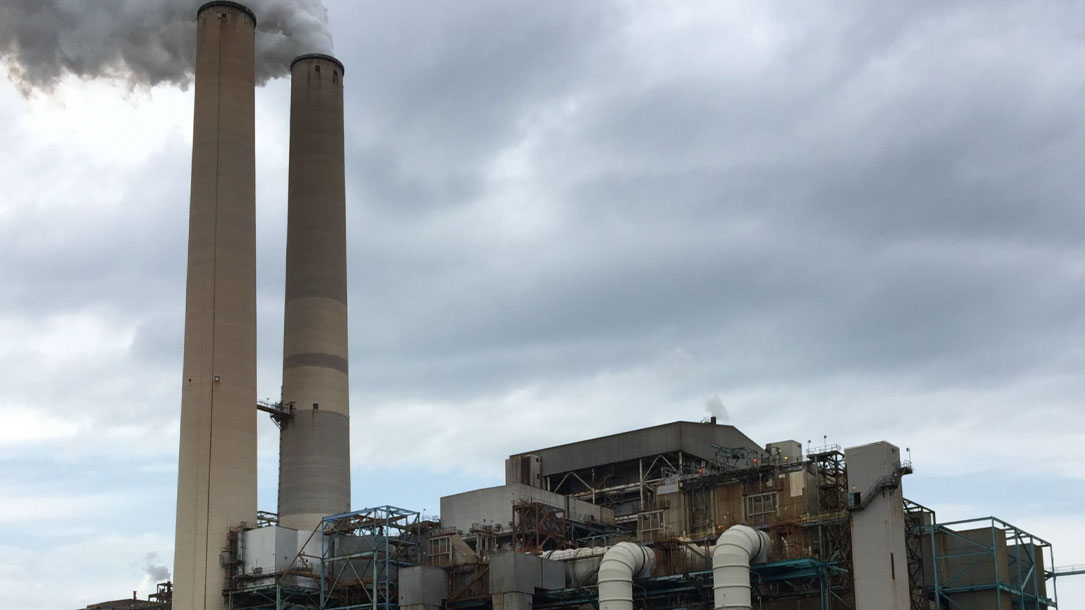
130 banks worth $47 trillion adopt new UN-backed climate policies to shift their loan books away from fossil fuels
Banks with more than $47 trillion in assets, or a third of the global industry, adopted new U.N.-backed “responsible banking” principles to fight climate change on Sunday that would shift their loan books away from fossil fuels.
Deutsche Bank, Citigroup, and Barclays, were among 130 banks to join the new framework on the eve of a United Nations summit in New York aimed at pushing companies and governments to act quickly to avert catastrophic global warming.












